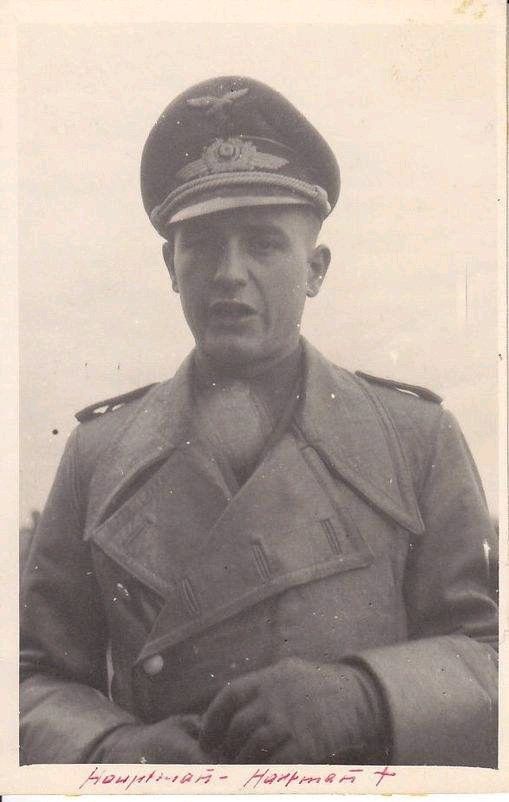

Intuitively positive his aim had been correct, the German rolled inverted, diving away. The cockpit filled with the smell of cordite, as several pounds of per second of machine gun and cannon projectiles hurtle into the Hurricane. The control column shook in his right hand from a quick two-second burst. Jochen cocked his head slightly to the left as he calculated where his ordinance and the enemy would coinside. with the young German closing distance with each turn.Īs Jochen's Messerschmitt closed in, and the Hurricane disappeared beneath its nose. And every evasive maneuver he'd attempted was flawlessly countered. Fear grips the British pilot as he now realizes this was no rookie enemy behind him. its propeller spinner slowly pulling lead setting up for the proper firing position. Looking behind him, the RAF pilot sees the Messerschmitt now perched ominously off his left hind quarter. These minor distractions, no longer affect the German ace he's been there before. and the shoulder harness bites into his neck. Like an artist ' working' materials, the 22 year old ' works' his aircraft as if part of his own body, while sweat pours down his back. Then, there's a metallic ' clang ' as the Messerschmitt's leading edge slats automatically slam into an extended position providing more lift. In apparent defiance of this law of nature, Jochen applies judicious top rudder and the 109 hangs precariously. Physics now demands the aircraft's nose to drop as its lift falls away. The Messerschmitt emits a tiny shudder as its airspeed rapidly bleeds off from 300 knots indicated down to 140. The quarry must not escape.Īfter a swift look inside, with a slight input of right rudder, Jochen.
#Hans joachim marseille axis history forum full#
Tired and aching at the end of day's mission that was full of air combat, the young German's arm muscles begin to fatigue under the strain. burning his eyes as they remain open and fixed on the Zeiss optical gun sight. Underneath his leather and mesh flight helmet, beads of sweat roll down his face. Pulling back on the stick, gut-wrenching turn tightening, the young German's slim body presses firmly into his seat. Viewed through the metal framed canopy of the Messerschmitt 109, a British Hurricane with its red centered cockade was starkly recognizable against the cloudless North African sky. With the Messerschmitt's left wing tip pointed vertically toward the sea, the Hurricane fighter stood virtually motionless in front of a young German's windscreen. Being better than your opponent is a natural requirement and cause for success, not a reason to belittle that success.Got it by e-mail today. They had plenty of VVS planes to fight and shoot down and they were for the most part better pilots than their opponents. Sure enough the Germans had on average better training for most of the war (though this was reversed in the last years and months) but that's hardly a reason to discredit their aces. And let's not forget that the Luftwaffe fought outnumbered most of the time. Like Emperor of Europe said, the VVS planes from 1943-44 onwards were more than a match for most of their German adversaries. Late in the war Germans were often technologically disadvantaged even against the Soviets. The Allies could and did produce competent fighters then and later. Early in the war the Germans had the Bf109 E-series, which, although undoubtedly good for its time, really was no wonder weapon. In many instances it was in fact the exact opposite - they had inferior equipment but better training and doctrine. They didn't get their victories because they had superior tanks, rifles or aircraft. Germans are credited way too much technological advantage in all things WW2.


 0 kommentar(er)
0 kommentar(er)
